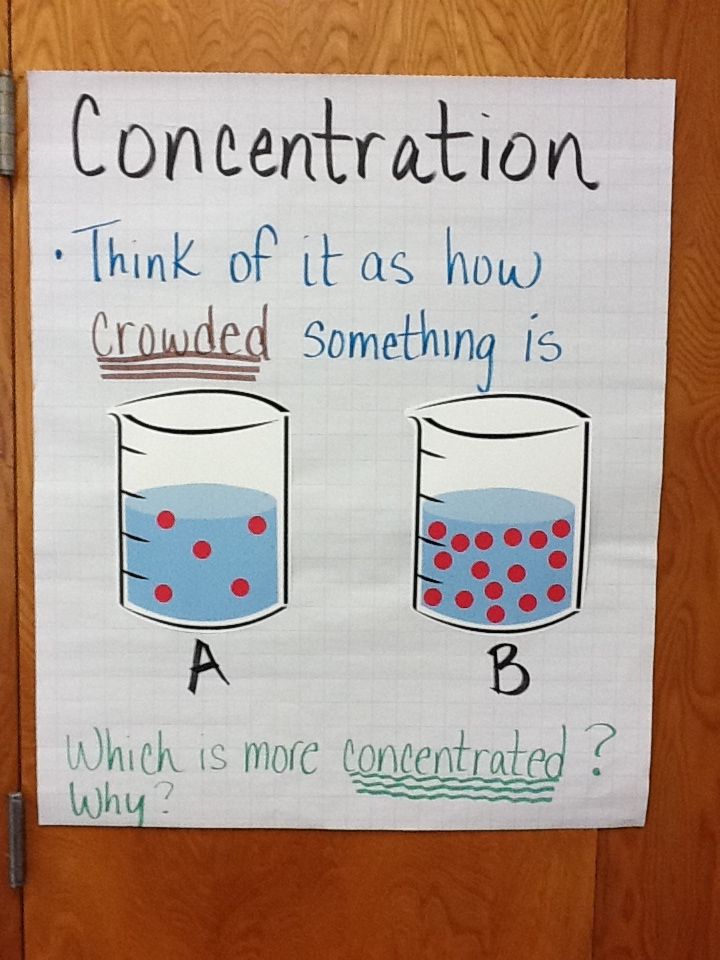Unlocking Career Opportunities with a Marketing Degree: Roles, Benefits, and How to Get Started
Introduction: The Value of a Marketing Degree
A marketing degree offers exceptional versatility, equipping graduates with skills in communication, analytics, creativity, and strategic thinking. These strengths translate into a broad range of career opportunities across industries such as retail, finance, technology, healthcare, and nonprofit organizations. According to the U.S. Bureau of Labor Statistics, demand for marketing professionals continues to grow, driven by the expansion of digital platforms and data-driven strategies. This article provides an in-depth look at the most common jobs you can get with a marketing degree, detailing responsibilities, benefits, and step-by-step guidance for accessing these roles. [3]
Key Career Paths for Marketing Graduates
Advertising Account Executive
Advertising Account Executives serve as the primary link between advertising agencies and their clients. Their responsibilities include coordinating campaign strategy, managing budgets, overseeing project timelines, and ensuring client objectives are met. This role demands strong interpersonal skills, project management abilities, and a keen understanding of branding. [1]
Example: An Advertising Account Executive might work with a healthcare company to launch a new product, overseeing everything from creative concept to media buying. To pursue this role, consider interning at advertising agencies, developing a portfolio of campaign work, and building proficiency in client communications.
Challenges: Meeting tight deadlines and balancing multiple client expectations can be demanding. Building organizational and negotiation skills is key to success.
Digital Marketer
Digital Marketers create and implement online strategies to promote brands, products, or services. Their work spans social media, search engine optimization (SEO), email marketing, and paid online advertising. Digital marketers focus on lead generation, increasing brand visibility, and driving conversions. [1]

Source: promova.com
Example: A Digital Marketer for a retail brand might manage campaigns on Instagram, Google Ads, and TikTok, analyzing metrics to optimize results. To enter this field, develop proficiency with digital tools like Google Analytics, take online courses in SEO and SEM, and build a portfolio of successful campaigns.
Implementation Steps: Gain certifications from platforms such as Google and HubSpot (visit their official websites for details), participate in internships, and stay updated on digital trends.
Market Research Analyst
Market Research Analysts gather and interpret data about consumer behaviors, market trends, and competitor activity. This career is in high demand due to its critical role in guiding business strategy through evidence-based insights. [1] [5]
Example: A Market Research Analyst might design surveys and focus groups to test new product concepts. To become a market researcher, strengthen your statistical and analytical skills, learn to use software like SPSS or Tableau, and seek entry-level roles with market research firms.
Practical Guidance: Many organizations advertise openings on verified job boards such as Indeed or LinkedIn. Search for “market research analyst” and filter by entry-level positions.
Sales Manager or Sales Representative
Marketing and sales are closely connected. Sales Managers and Representatives use their marketing knowledge to identify customer needs, pitch products, and close deals. These roles emphasize relationship-building, negotiation, and strategic selling. [2]
Example: A Sales Representative for a technology company might use data analytics to target promising leads and tailor presentations. To access these roles, seek internships in sales departments, develop public speaking skills, and learn CRM platforms like Salesforce.
Compensation: According to the Bureau of Labor Statistics, sales managers earn an average annual salary of $135,160. [2]
Public Relations Specialist
Public Relations (PR) Specialists maintain the reputation of organizations and individuals. They craft press releases, manage media inquiries, coordinate interviews, and arrange events to build positive public perception. [5]
Example: A PR Specialist at a nonprofit might organize fundraising events and issue statements to local press. To enter this field, build writing and media relations skills, volunteer for public-facing roles, and pursue internships in PR agencies.
Alternative Pathways: If agency jobs are competitive, consider in-house PR roles with smaller companies or nonprofits.
Social Media Manager
Social Media Managers curate a brand’s presence on platforms like Facebook, X (formerly Twitter), LinkedIn, and TikTok. They design content calendars, engage with audiences, and analyze campaign performance metrics. [3]
Example: A Social Media Manager for a food brand might run influencer campaigns and monitor engagement rates. To prepare, take courses in content marketing and analytics, and showcase your work on public profiles.

Source: urduesl.com
Implementation: Build a portfolio of posts and campaigns; apply for entry-level roles at brands or agencies.
Brand Strategist
Brand Strategists define and communicate a company’s identity. This includes market positioning, messaging, and long-term brand development. The role requires a blend of analytical and creative skills. [5]
Example: A Brand Strategist for a startup might oversee the launch of a new service, crafting the messaging and coordinating its rollout. To pursue this career, seek out branding projects, participate in strategy workshops, and develop a strong sense of market differentiation.
Other Notable Roles
Marketing graduates may also pursue positions such as:
- Marketing Assistant: Entry-level support for campaigns and promotions. [2]
- Media Buyer: Responsible for purchasing advertising space for campaigns. [4]
- Promotions Manager: Designs and manages promotional activities to increase sales. [5]
Each role has unique requirements and offers a stepping stone to senior marketing positions.
Industry Trends and Opportunities
The marketing industry is evolving quickly, especially with the rise of digital platforms and data analytics. According to the Bureau of Labor Statistics, advertising, promotions, and marketing manager roles are projected to grow faster than average in the next decade. [3]
Career Growth: The median annual wage for marketing managers was $140,040 in May 2022. [1] Entry-level positions can lead to more advanced roles with higher salaries and broader responsibilities.
Job Placement: A survey found that 79.8% of marketing graduates are employed within 15 months of graduation, with the majority working in marketing, PR, and sales. [4]
How to Access Marketing Jobs: Step-by-Step Guidance
1. Build Core Skills: Focus on communication, analytical, and digital skills. Take online courses from verified providers such as Coursera, LinkedIn Learning, or university extension programs. 2. Gain Experience: Pursue internships, volunteer opportunities, or part-time roles to build a portfolio and professional network. 3. Leverage Job Boards: Search for verified job postings on platforms like Indeed and LinkedIn . 4. Network: Join professional associations (such as the American Marketing Association) and attend industry events to meet hiring managers and mentors. 5. Prepare Your Application: Tailor your resume and cover letter for each role. Highlight relevant experiences and quantifiable achievements. 6. Interview Preparation: Practice responses to common marketing interview questions. Research each company’s marketing strategy and recent campaigns.
If you need further guidance, contact your university career services office or search for “marketing career resources” on official education websites.
Alternative Pathways and Continuing Education
If direct entry into your desired role is challenging, consider the following alternatives: – Freelance Projects: Offer marketing services to small businesses or nonprofits to build practical experience. – Certifications: Obtain credentials in digital marketing, analytics, or content creation from recognized providers. – Further Study: Pursue graduate degrees or specialized certificates in areas such as data analytics, communications, or business management.
Potential Challenges and Solutions
Breaking into marketing can be competitive. Some graduates face challenges such as limited experience or lack of industry connections. Overcome these by: – Proactively seeking internships and volunteer roles – Building a strong online presence (e.g., LinkedIn profile, personal website) – Participating in professional development workshops – Reaching out to alumni networks and industry mentors for advice
Remember, many organizations value initiative and practical skills as much as formal education.
Key Takeaways
A marketing degree unlocks diverse career paths, including advertising, digital marketing, market research, sales, public relations, and more. Success in this field requires a combination of technical skills, creativity, and strategic thinking. By following actionable steps, leveraging verified job boards and professional networks, and pursuing ongoing education, you can access rewarding opportunities across industries.
References
- [1] National University (2025). What Can You Do with a Marketing Degree: 10 Career Paths.
- [2] William Peace University (2021). 10 Things You Can Do With A Marketing Degree.
- [3] Southern New Hampshire University (2024). Types of Jobs for a Marketing Degree.
- [4] Prospects.ac.uk (2000). What can I do with a marketing degree?
- [5] Indeed (2025). 9 Marketing Career Paths You Can Pursue (With Degree Levels).



